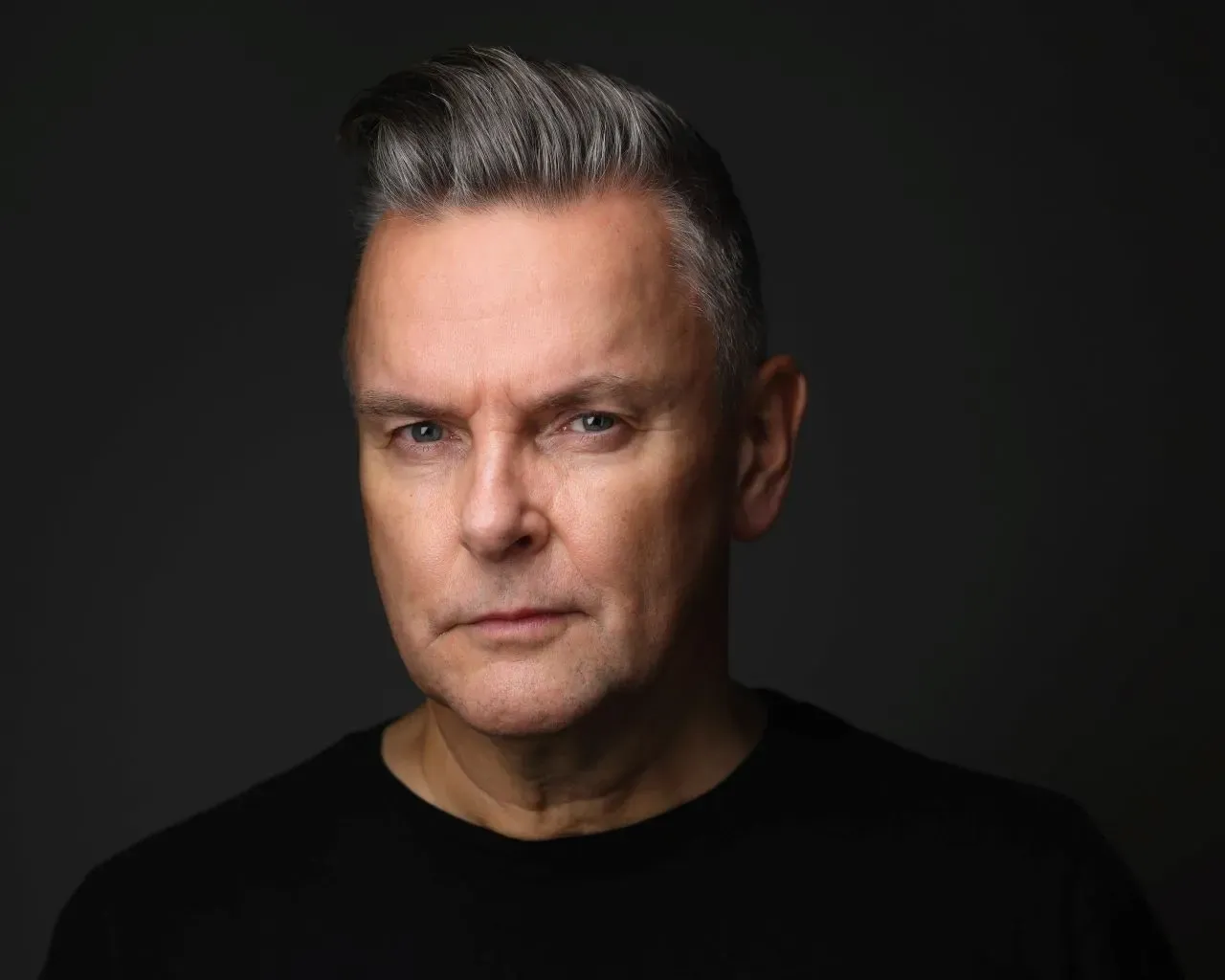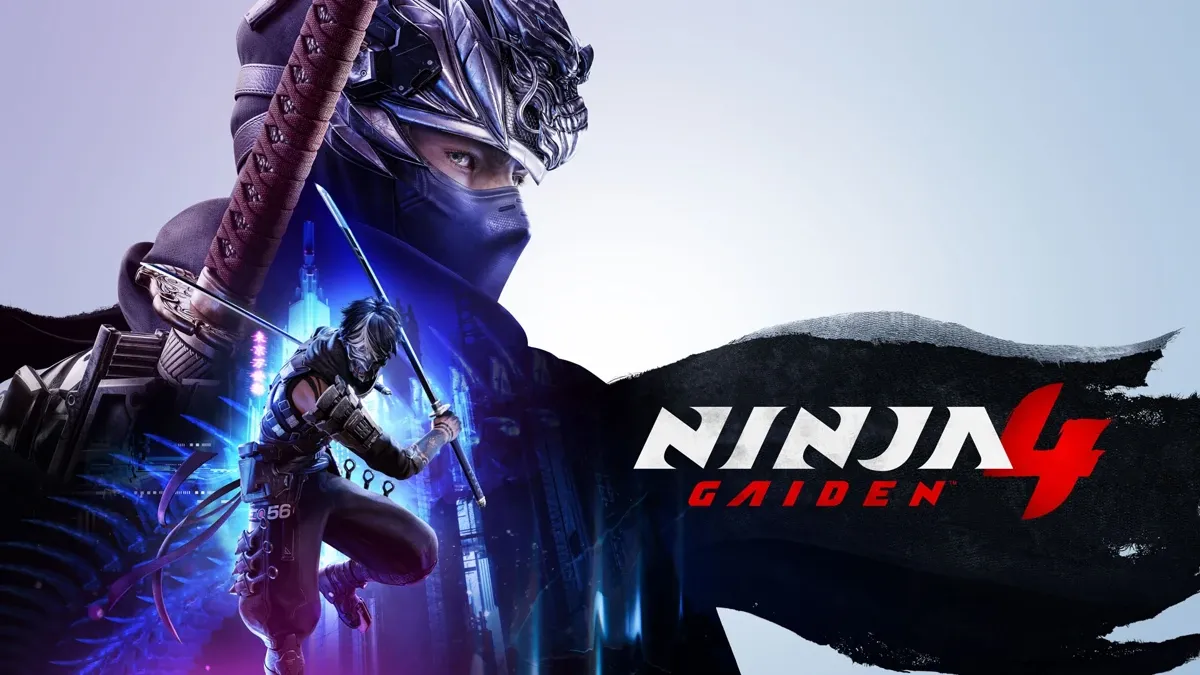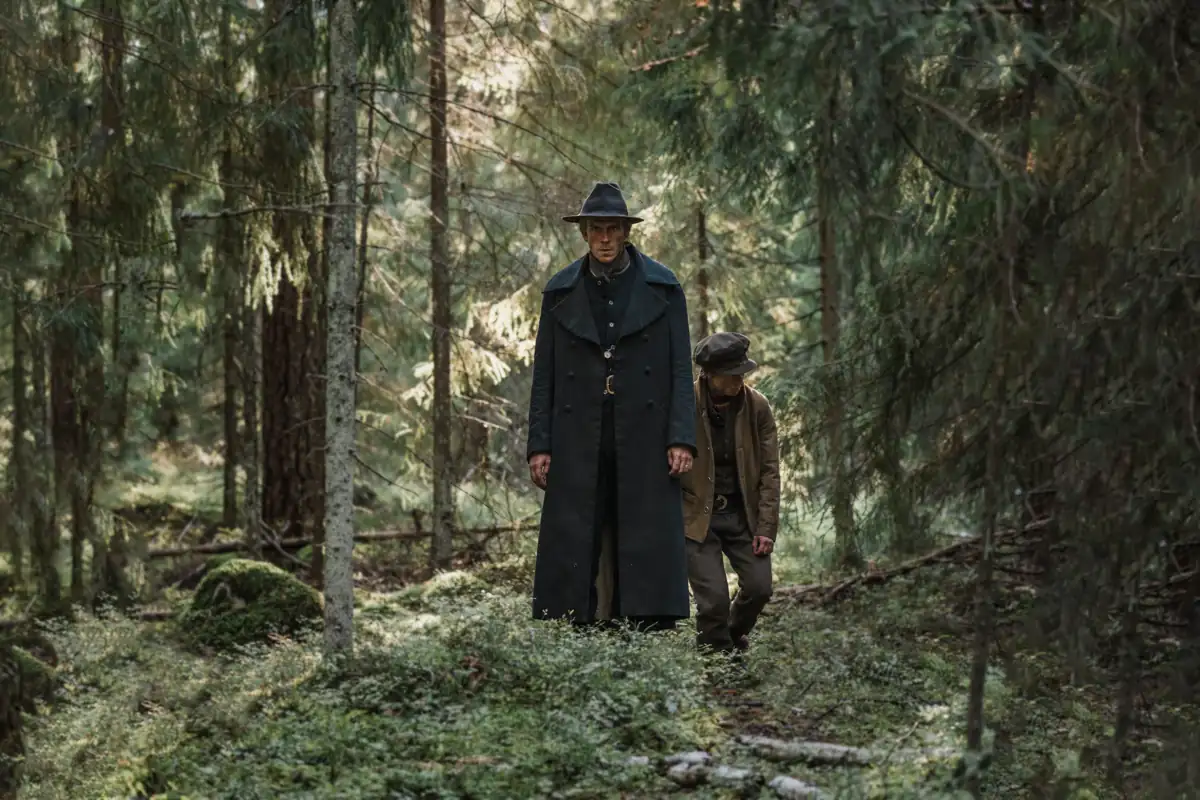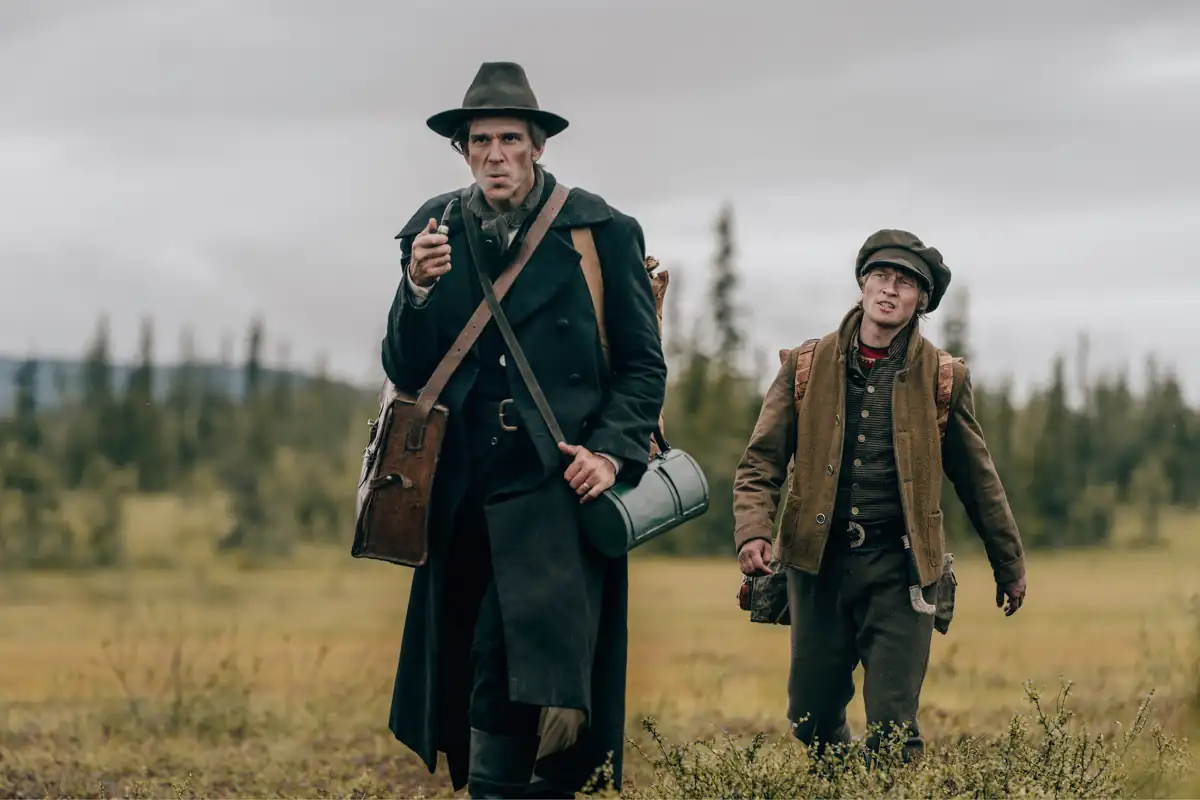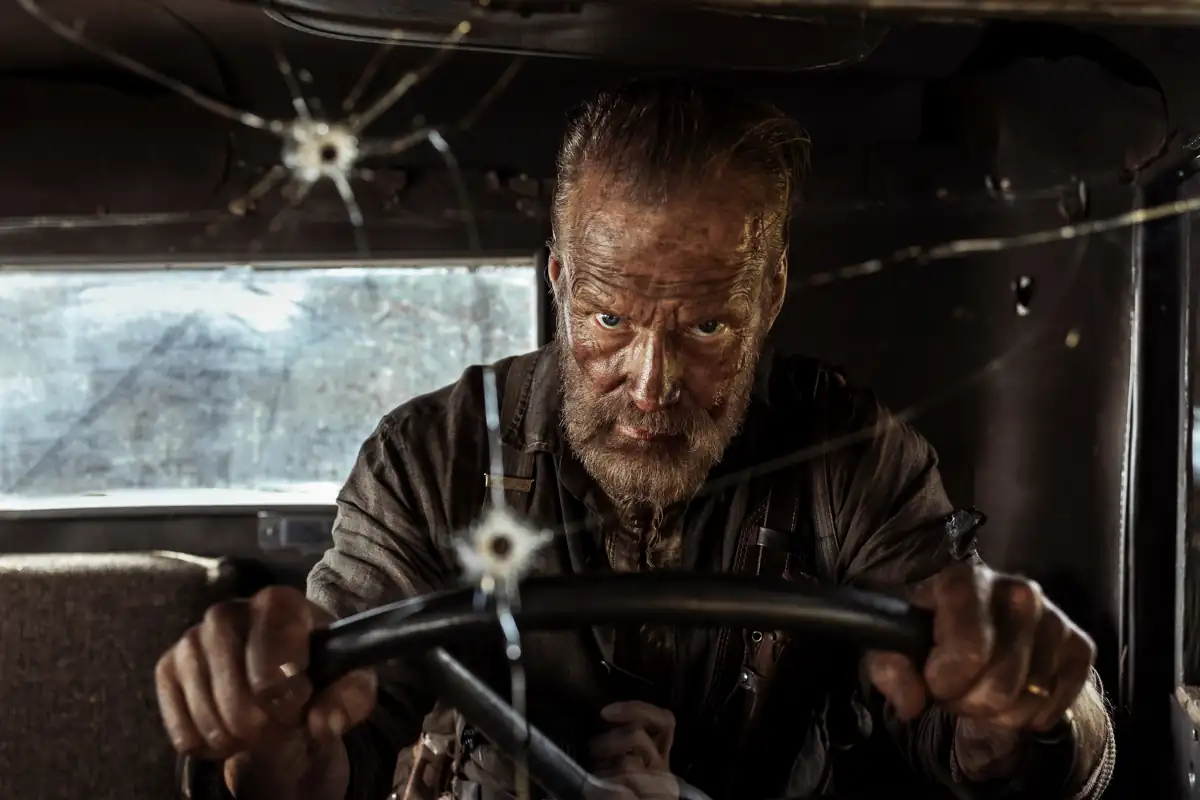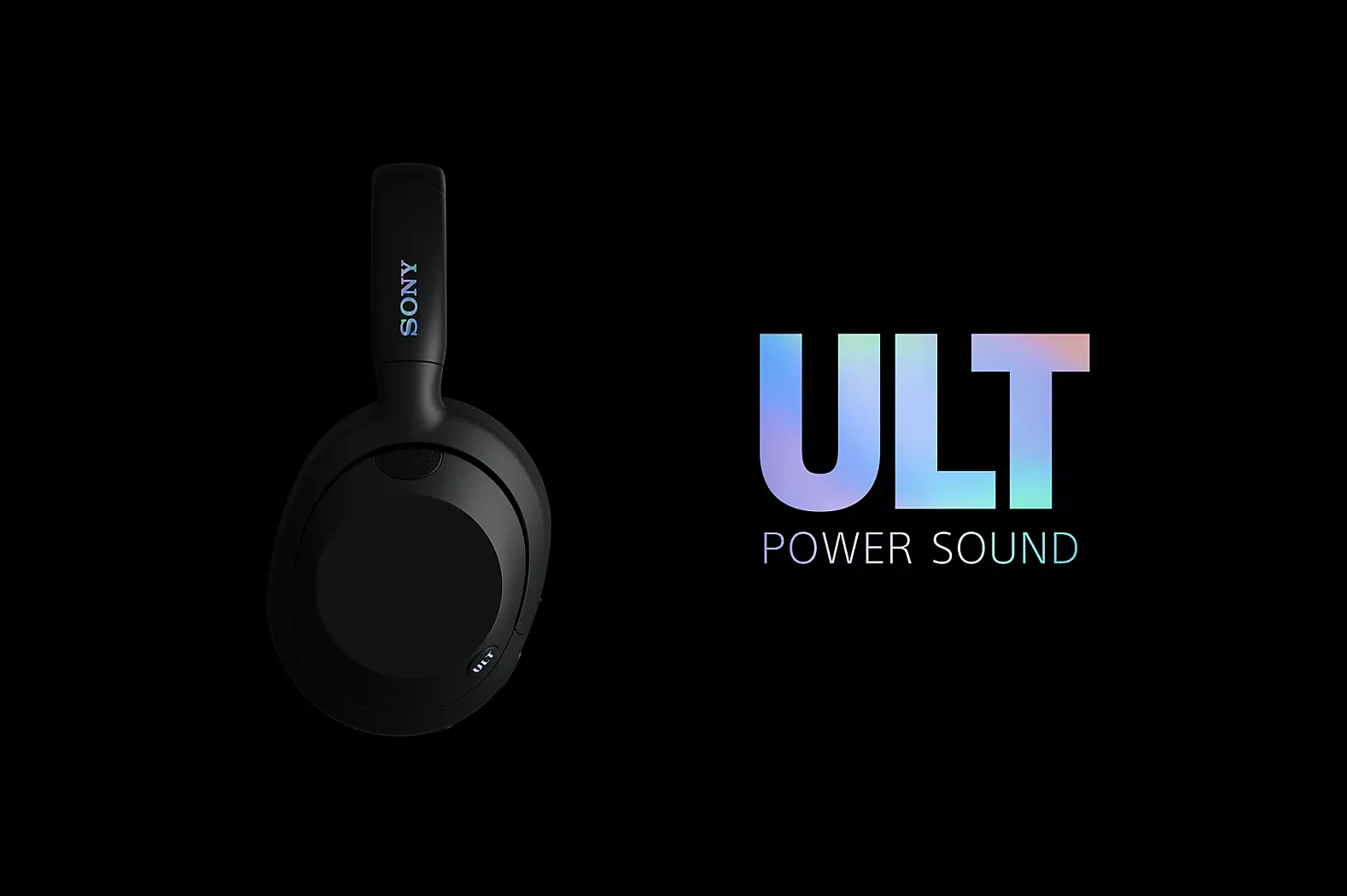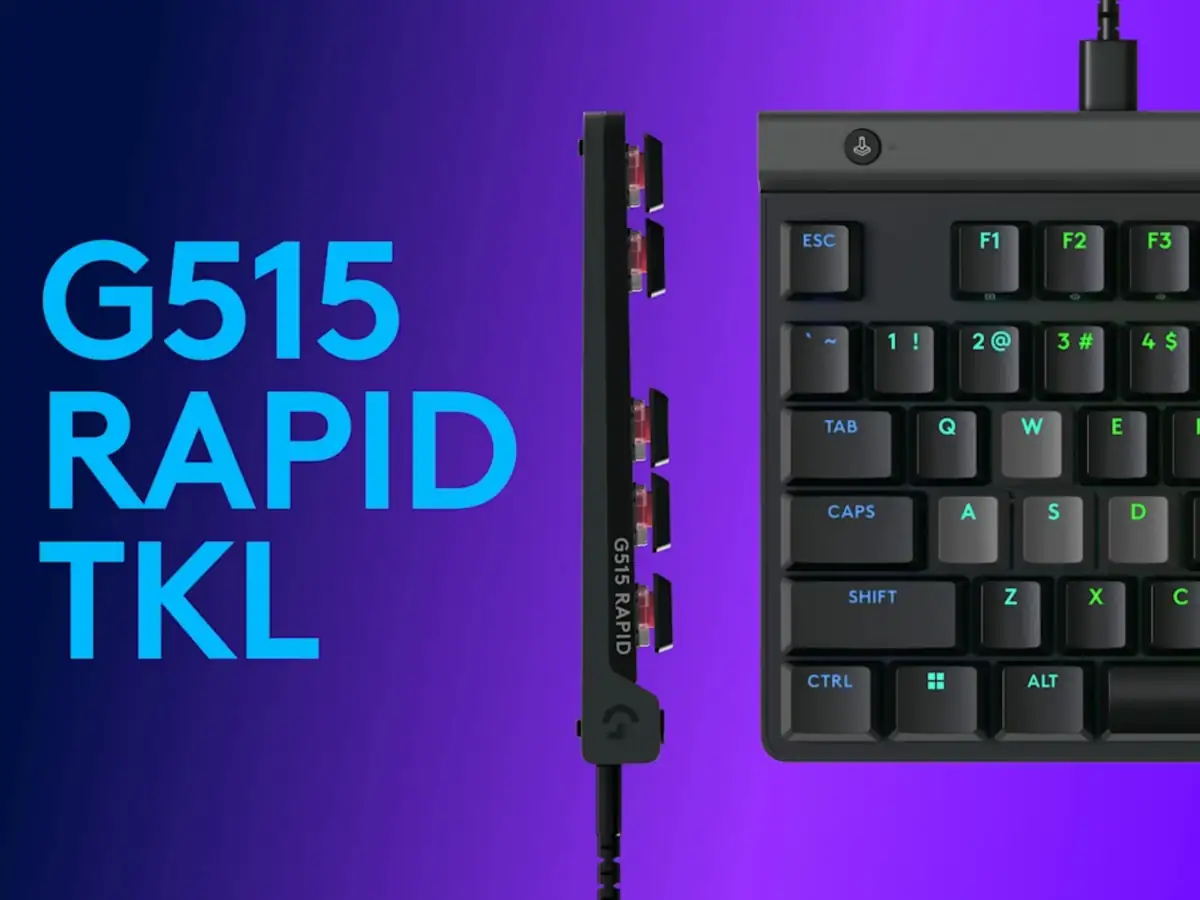In the past few decades, everything from microtransactions to season passes and beyond have grown from a minor attraction to a daily reality in gaming. The change in the landscape forces many to re-evaluate their relationship with gaming. While many provide a richer gaming experience, some developers and products prey on unaware customers, and those with cognitive and mental disabilities.
As a neurodivergent gamer, I'm fully aware of my addictive traits, and as such I try to avoid free-to-play and heavily monetized games. There's too much of a risk that I will go down a rabbit hole I can't climb out of.
At Gamescom, I had the opportunity to meet and chat with Chris Meredith, the Senior VP of Business Development at Xsolla for EMEA. I had heard the name Xsolla before, but my knowledge of their business model was limited. All I knew was that they're a video game commerce company that operates as a merchant and seller of record for companies like Valve, Twitch, Ubisoft, Epic Games, and PUBG Corporation.
Nevertheless, I was intrigued enough to attend the meeting, and ask Chris to explain to me how Xsolla works, how monetization in reality affects both developer and consumer, and what does the future look like as the EU's Digital Markets Act comes into effect.
In person, Chris is direct, eloquent, and easily approachable. He takes his time explaining complex monetization for someone like myself, who can often feel overwhelmed with the amount of information at hand.
This interview is edited and condensed for clarity.
To begin with, what is Xsolla, and what is their part in the European landscape of gaming?
CM: Xsolla celebrates its 20th anniversary next year. and we've had presence in Europe for the majority of that time. We're a video game e-commerce company that takes products into market and helps to monetize them in the best possible way.
What is the process like when you look for a new project?
CM: We're very open. We work with the whole of the development community. We support the developers from the grassroots all the way through to publication. We have a funding club that provides access to new money with people who actually invest in video games. One in eight gets funding once they go through it.
We work with developers to provide solutions to get to market. Now they're growing wider than just monetizing them. We have probably the most payment solutions in Europe, around 700 across EMEA.
The center point of what we do is to get the customer what they want in connecting them with the right game and the payment they want to use. We want to take developers to where they need to get to. The community is very different. Nobody makes games the same way. But the disciplines of going to market have similarities. As the games evolve, we promote the community so that they can work with that product in the future.
Game Funding & Development Grants | Xsolla
How does the community promotion work in practice?
CM: We have a product called The Xsolla Partner Network that allows access to 125k influencers and around 1.4 billion viewers. That allows the developer to put their product into the community and find the right person for the right genre. Some of the mega-influencers within X.LA will approach developers, too. If it's, for example, mobile, we can build a webshop for that community directly. That way, both the influencer and the developer can have a return of investment already before going to market. Even that is becoming more strategic with the go-to market plan.
I was with a large developer today – and they don't self-publish, they go through partners – but we spoke about building the communities even before they go to market. Even before they find a publisher. If they then learn on that journey how to make a better product, that's a win. But ultimately, if they can also cultivate a community of a million players, by the time they go to market, they'll already have an instant monetization opportunity for the publisher.
Boost Game Revenue With Partner Network | Xsolla
So, in theory, it means more opportunity for all involved.
CM: There's a realization that in having a restricted market, by going through existing gatekeepers, there's a heavy price to pay for that. It's restrictive in that you don't get more data. It doesn't give you the right runway in your D to C strategy.
There's also a risk to that, if it doesn't work, and you're on that one pathway, you're done, there's nothing else.
Instead, you should build your own monetization strategy. But if you're working with a publisher, they should also be complementary to what you do. That's a much smarter way to not only take the value of the product, but also the community that you're building. My first role is to take my team and connect with the developers in the EMEA, and work with them to maximize the opportunities when they launch.
Finally, there's a third element, and that's making sure we're connecting with the consumer. It's all about connecting and sustaining relationships. To make sure that it's an ongoing proposition for all involved.
Our job is to provide opportunities for everyone that they can't find elsewhere. A cross play and cross pay choice in how you play and pay.
That's the heart of it: Choice in all areas, and choice how they pay for it.
Payments | Xsolla
The EU has introduced new laws regarding monetization and transparency in recent years. How do you see that affecting Xsolla's work in the future?
CM: I think the changes in the marketplace have been, for us, positive. Ultimately, our solutions for monetization are not the same as the other gatekeepers. Our proposition is not just competing in price, but how we work with clients.
I hope that we'll eventually have a fair and transparent market works. Where the consumer or developer will say they want to do something, and we have to compete to give them the best possible solution for that.
We don't have that yet. But in time, with DMA and what we do individually as countries to promote that fairness and transparency, it becomes a reality.
Digital Markets Act

